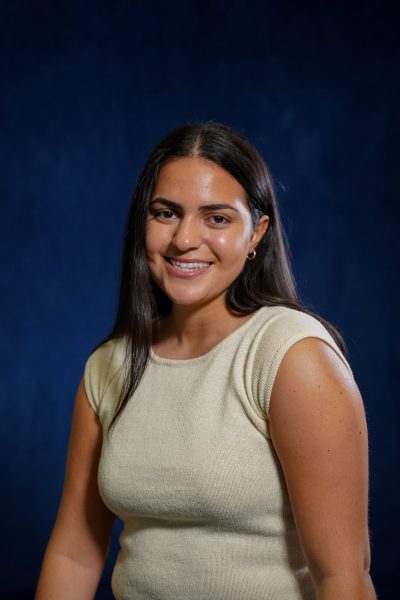UC San Diego has re-established the Scripps Center for Oceans and Human Health. Jointly funded by the National Science Foundation and the National Institutes of Health, the $7.35 million center will allow for research and education regarding ocean contaminants and seafood sustainability. The center has begun its activities while it awaits the potential designation of a physical space.
The NSF and NIH, looking specifically to support the establishment of research centers for oceans and human health, offered the Scripps Institution of Oceanography funding to reinstate and give life to its center once again. According to Theresa Talley, an extension specialist at the National Oceanic Atmospheric Administration’s California Sea Grant, the timing for SIO to take advantage of the opportunity was right, “with much research and community engagement around this topic already underway.”
The Scripps Center for Oceans and Human Health originally operated from 2013 to 2018 to study contaminants in common seafood dishes and man-made chemicals in human breast milk. The National Institutes of Health and the National Science Foundation funded the center with $6 million.
“This center provides the platform for our various efforts to be integrated and amplified and to help bridge scientific research and community information needs,” Talley wrote in an email to The UCSD Guardian.
Talley said that the broad focus of the center is to take a multidisciplinary approach to understanding ocean contaminants and their potential implications for seafood and human health.
“We just want a better understanding of how contaminants in the ocean form, how they move, where they accumulate and … what that can mean for human health,” she said.
The center brings together experts from various scientific fields to research these marine contaminants so that we may better understand their potential effects on human health.
“The center’s scientists work within different disciplines, from molecular biology, ecology, and pharmacology, to better understand how contaminants in the ocean move through food webs and … through ocean organisms and, for example, potentially what increases the risk of uptake and accumulation.”
It also seeks to use research to educate the local community and address their questions about topics relevant to the center’s focus on ocean contaminants and sustainability.
“So if chefs come to us and say, ‘We want to know the trade-offs of the health benefits and potential contaminant risks of tuna,’ then we can pull together information for them that they can use to make decisions about how to prepare it or what to serve’,” Talley said.
According to Talley, the Scripps Center for Oceans and Human Health will serve as a hub for combining what might be considered dissimilar topics, allowing scientific research to intersect with community engagement.
“Sometimes in science, […] these fields are treated sort of as disparate fields, like pollution, climate change, human health,” Talley said. “And what the center does is bring all those together because human health is really intertwined with ocean health.”









